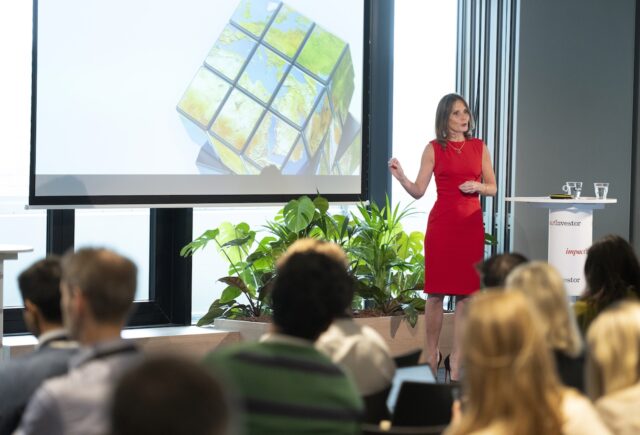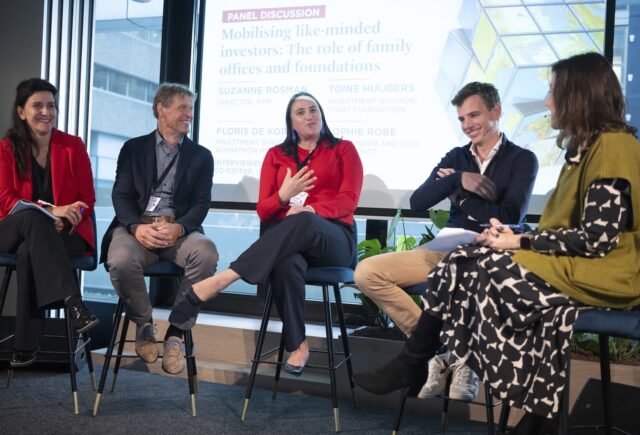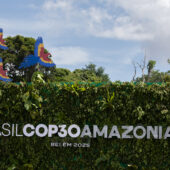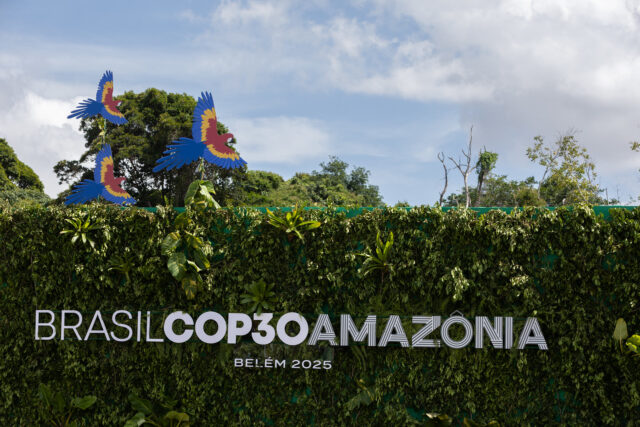The New York-based impact investor said the initiative is the first to bring together public, private, and philanthropic partners to support a model that delivers electricity to local communities.
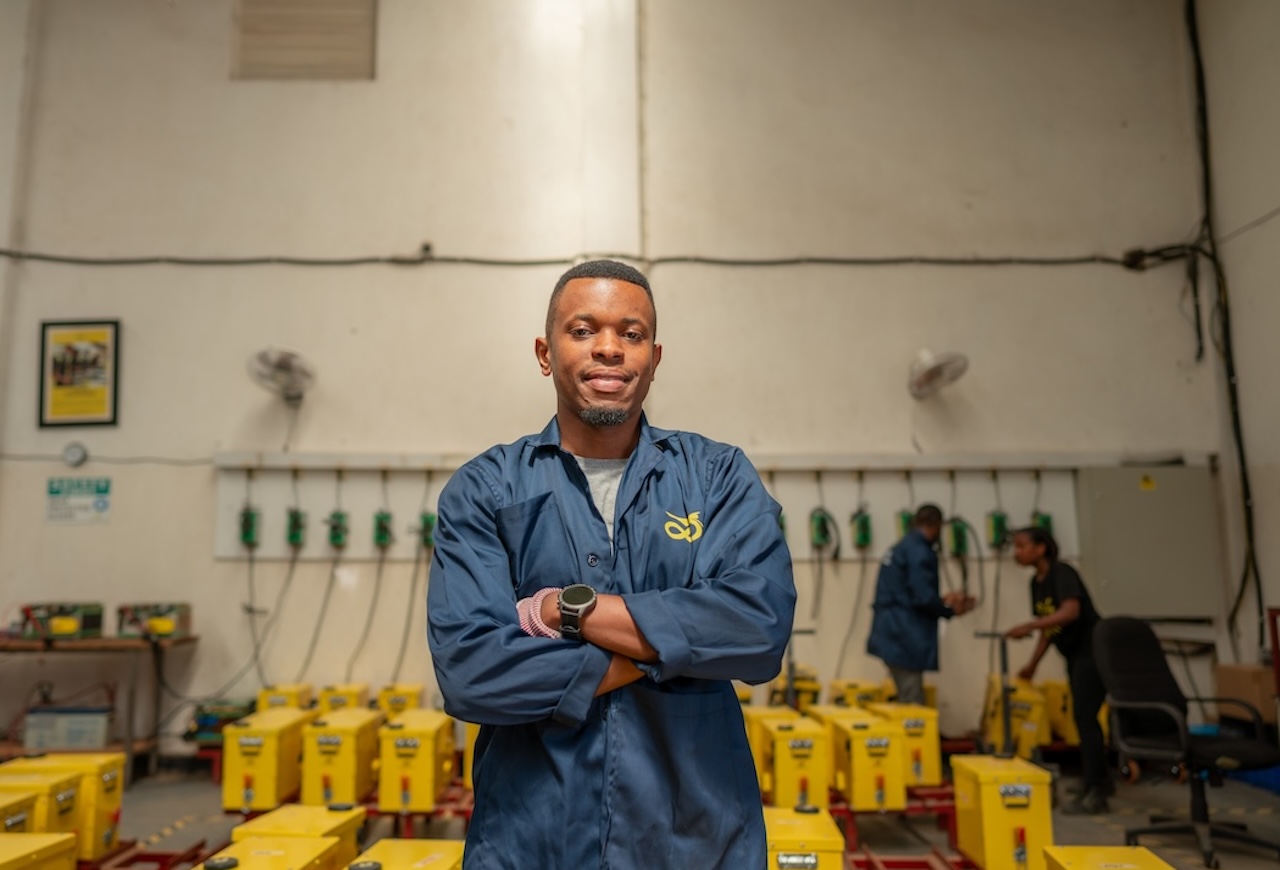
Impact investor Acumen has garnered $246.5m (€209m) of approved and committed capital for its Hardest-to-Reach (H2R) blended finance strategy, which backs the scale-up of clean power access in underserved areas of sub-Saharan Africa.
Of this support, $189.5m comes from approved capital for H2R Amplify, a debt vehicle providing growth capital. This includes $123m committed at its recently reached first close. The remaining $57m of the overall support for the initiative has been committed through H2R Catalyze, a market-building facility.
The H2R initiative was launched at the 2023 COP28 held in Dubai, with the aim of reaching some 70 million people in 17 countries, including 50 million currently without any form of electric power. These include countries with some of the world’s lowest electrification rates, such as Malawi, Burkina Faso, and Sierra Leone. In total some 600m people in sub-Saharan Africa still do not have access to electricity, according to World Bank data.
Those funding H2R Amplify at its first close include anchor contributor the Green Climate Fund (GCF), along with the International Finance Corporation (IFC), Seoul-based Shinhan Bank, British International Investment (BII), the Soros Economic Development Fund, the Nordic Development Fund, Signify Foundation, and impact investor ImpactAssets.
H2R Catalyze funders include the GCF, the Norwegian Agency for Development Cooperation (Norad), the Global Energy Alliance for People and Planet (GEAPP), the Osprey Foundation, the UK government-backed Transforming Energy Access programme, Cazenove Capital, and Swiss-based Good Energies, as well as various philanthropists and high-net-worth individuals.
Among the contributors, GCF has said it has committed $65m to the H2R initiative, while the IFC has approved up to $45m in investment on its own account and via a blended finance facility. NDF said it was providing $10.5m in concessional funding and BII said it was contributing $20m to H2R Amplify.
Breaking new ground
Jacqueline Novogratz, Acumen’s CEO, said the H2R initiative represents the first time public, private, and philanthropic partners had come together to support a model built to get to the hardest-to-reach with electricity.
“At a time when many are pulling back, this coalition is stepping up with capital designed not just to invest, but to solve,” she said, adding that it was “a clear example of what’s possible when capital aligns with purpose to tackle energy poverty at scale.”
Off-grid solar solutions are seen as the most cost-effective and speedy method of providing electricity to over 40% of those who remain without it globally by 2030. The World Bank estimates that 55% of new connections in sub-Saharan Africa between 2020 and 2022 were provided by distributed (off-grid or small-scale grid) energy systems.
H2R Catalyze has already deployed over $10m through support for seven companies. These include $2m for off-grid solar panel and smartphones provider Yellow Malawi, through provision of local currency financing to finance pay-as-you-go solar in Malawi and $1.25m to pay-as-you go solar firm RDG Collective via an impact-indexed loan to scale up clean-power lighting provision in Zambia using a last-mile distribution model.
KIMS Microfinance also received $1m of funding, through a Sharia-compliant debt investment with technical assistance and grant support that enables KIMS to expand access to energy financing in Somalia. H2R has also provided technical assistance grants to strengthen company capacities in the region and develop local energy ecosystems.
Now further investment is in place, the initiative will seek to ramp up its investment programme.
Second KawiSafi fund
The H2R progress follows on from Acumen’s launch earlier this month of the second KawiSafi fund to accelerate climate solutions across Africa, which has attracted $90m in approved capital. KawiSafi is Acumen’s Africa-focused for-profit platform, based in Nairobi.
The GCF also provided first loss capital for the second KawiSafi fund. Other investors included the African Development Bank’s Sustainable Energy Fund for Africa, the Schmidt Family Foundation, and Quadrature Climate Foundation.
The new KawiSafi fund aims to build on the foundation laid by its $67m predecessor fund launched in 2016 by supporting fast-expanding companies that help build markets. The focus is on catering to the daily needs of Africans and providing decent work opportunities via investment in the energy transition, clean transportation, and nature-based carbon solutions.
The fund has a target of improving the lives of 50 million people and averting 50 million tons of carbon dioxide.

